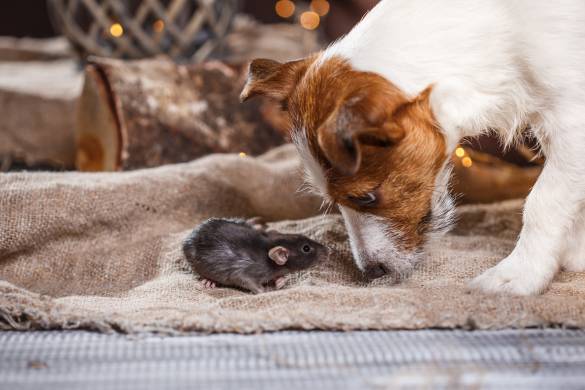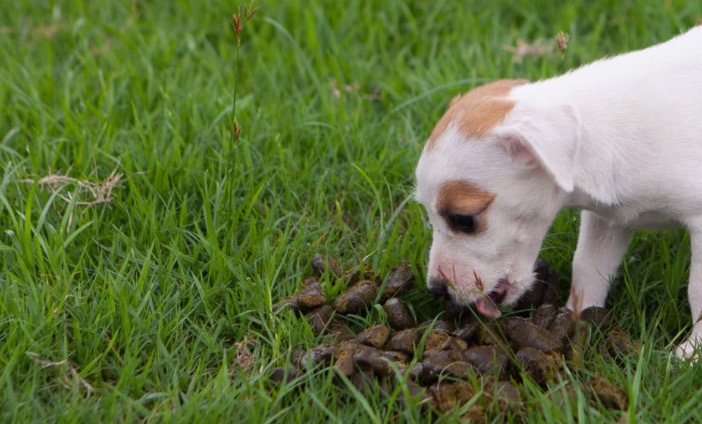Cactuses are a very popular house and yard plant these days. They reason is that they adapt well to dry regions, where water may be in short supply. Plus they’re very pretty, with some developing flowers and other beautiful offshoots. And some cactuses are even edible!
Connect with a verified veterinarian in minutes. Licensed vets are available 24/7 to answer your questions. No need to worry about your furry family member.
What is in a Cactus?
A cactus is a succulent plant, which usually has thick leaves (for water storage), with some plants also having very sharp spines. These plants are native to desert areas, but also thrive in other environments, including indoors.
Most of the time, succulents are not toxic to dogs; however, there are a few that are poisonous to dogs. Cactus that are poisonous to dogs include:
- Aloe vera: can cause abdominal pain, diarrhea, nausea, vomiting, lethargy, & tremors
- Kalanchoe: can cause diarrhea, vomiting, weakness, abnormal heart rate, tremors, seizures
- Eurphorbia Milii (also called Crown of Thorns): can cause nausea, vomiting, and diarrhea
- Jade Plant: vomiting, depression, incoordination, lethargy
- Mother-in-Law’s Tongue (also known as “Snake Plant”): can cause nausea, vomiting, diarrhea
- String of Pearls (also known as String of Peas Plant): can cause vomiting, diarrhea, drooling, lethargy, nausea
In fact, experts usually recommend checking to see if a succulent (or any other plant) is safe before planting it in your yard or bringing indoors. You can check these lists to find out if cactus and other plants are safe:
- ASPCA Poisonous Plant List
- Pet Poison Helpline Poison List
What to Do If Your Dog Eats a Cactus
Accidents will happen and dogs are curious creatures known to eat almost anything that strikes their fancy. So, if your fur baby does happen to eat a cactus, then the first step is to identify the plant, if possible. There are online databases and apps that can help you quickly identify many types of plants, and let you know if it’s toxic or not.
If the plant is not toxic, then your dog may experience these symptoms after eating a cactus:
- Vomiting
- Diarrhea
- Nausea
If you have any question about the toxicity of the plant your dog has eaten, then we recommend call the vet immediately. They will have the best advice and guidance on what you should do next.
One more concern is if your dog has eaten cactus spines. These can also cause problems for your dog. So, be sure to let the vet know your dog has eaten the cactus and spines. They’ll need this information to give you the best possible advice and guidance on what to do next.
A cactus plant like other houseplants can represent a risk to cats and dogs. Nopales and prickly pear cactus can lead to allergic reactions or cause irritation. Your dog health and dog’s skin can certainly be impacted and if you have any doubt please contact your local animal poison control center. Like Christmas cactus poisonous to dogs, some fibrous plant material and lead to health issues specifically when reaching a dog’s eye in that case antibiotic ointment may help.
Ingestion of cactus can cause gastrointestinal issues and impact fur growth. Pencil cactus and opuntia can cause permanent blindness if you do not protect your pooch against poisonous plants. Rashes may appear and cause excessive salivation among other side effects such as stomach pain. Use tweezers to remove spikes for your dog’s as fast as possible.
Connect with a verified veterinarian in minutes. Licensed vets are available 24/7 to answer your questions. No need to worry about your furry family member.

Tom
Tom has always loved to write since he was little - he wanted to be either a writer or a veterinary doctor, but he ended up being a professional writer while most of his works are based on animals. He was born in San Francisco but later moved to Texas to continue his job as a writer. He graduated from the University of San Francisco where he studied biotechnology. He is happily married and a soon to be father!
Review symptoms, medications & behavior to keep your pets healthy with a Vet Online in just minutes.
Ask a Vet Live Now




